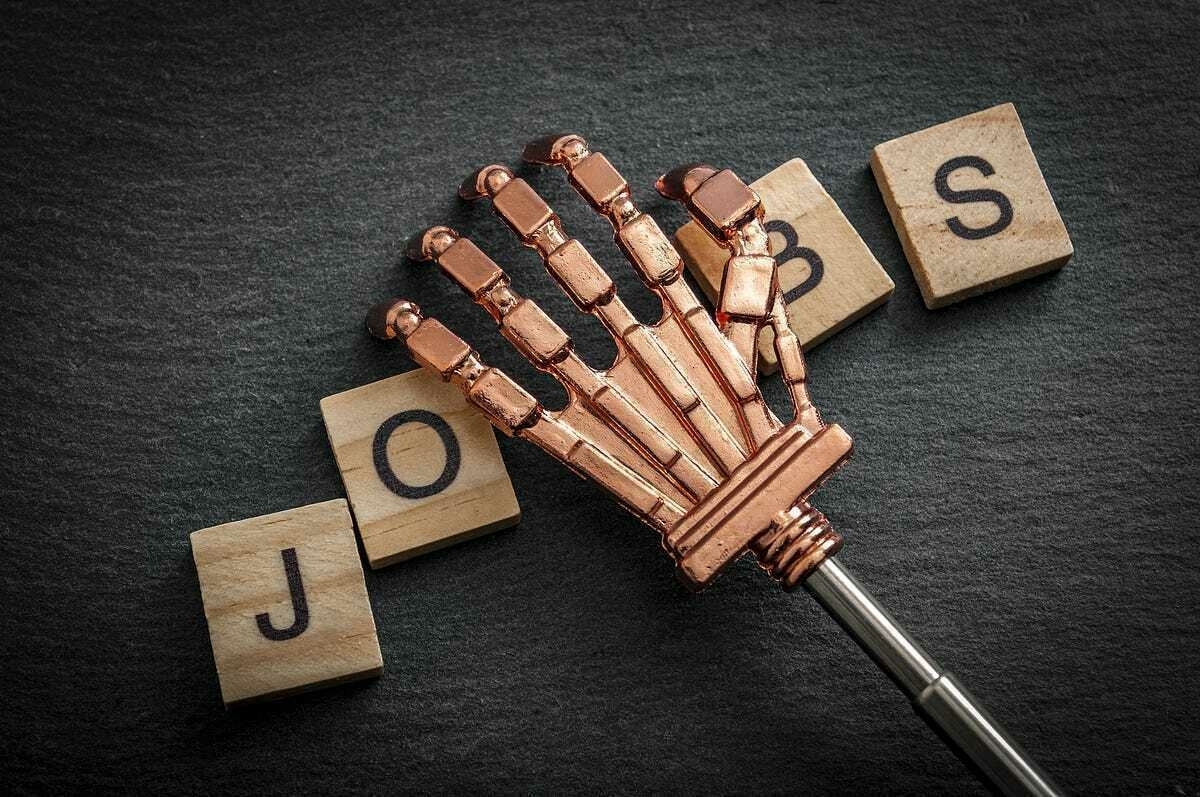AI and work socialisation
I've bolded what I consider to be the most important part of this article by danah boyd. It's a reflection on two different 'camps' when it comes to AI and jobs, but she surfaces an important change that's already happened in society when it comes to the workforce: we just don't train people any more.
Couple this with AI potentially replacing lower-paid jobs (where people might 'learn the ropes while working) and... well, it's going to be interesting.
Source: Deskilling on the Job | danah boydWhile getting into what it means to be human is likely to be a topic of a later blog post, I want to take a moment to think about the future of work. Camp Automation sees the sky as falling. Camp Augmentation is more focused on how things will just change. If we take Camp Augmentation’s stance, the next question is: what changes should we interrogate more deeply? The first instinct is to focus on how changes can lead to an increase in inequality. This is indeed the most important kinds of analysis to be done. But I want to noodle around for a moment with a different issue: deskilling.
[...]
Today, you are expected to come to most jobs with skills because employers don’t see the point of training you on the job. This helps explain a lot of places where we have serious gaps in talent and opportunity. No one can imagine a nurse trained on the job. But sadly, we don’t even build many structures to create software engineers on the job.
However, there are plenty of places where you are socialized into a profession through menial labor. Consider the legal profession. The work that young lawyers do is junk labor. It is dreadfully boring and doesn’t require a law degree. Moreover, a lot of it is automate-able in ways that would reduce the need for young lawyers. But what does it do to the legal field to not have that training? What do new training pipelines look like? We may be fine with deskilling junior lawyers now, but how do we generate future legal professionals who do the work that machines can’t do?
This is also a challenge in education. Congratulations, students: you now have tools at your disposal that can help you cut corners in new ways (or outright cheat). But what if we deskill young people through technology? How do we help them make the leap into professions that require more advanced skills?
[...]
Whether you are in Camp Augmentation or Camp Automation, it’s really important to look holistically about how skills and jobs fit into society. Even if you dream of automating away all of the jobs, consider what happens on the other side. How do you ensure a future with highly skilled people? This is a lesson that too many war-torn countries have learned the hard way. I’m not worried about the coming dawn of the Terminator, but I am worried that we will use AI to wage war on our own labor forces in pursuit of efficiency. As with all wars, it’s the unintended consequences that will matter most. Who is thinking about the ripple effects of those choices?
